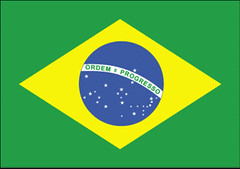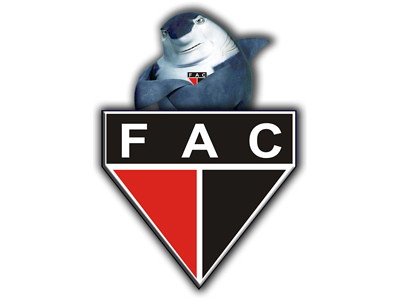Mães, Mais, Pães, Pais: Lessons in Brazilian Portuguese
Today, I gave my second ever presentation in Brazilian Portuguese. I was determined to ad-lib more this time and spent some time yesterday rehearsing pronunciations for some words I knew I'd be using. In my study, we collected data from the mothers (mães) and fathers (pais) of children in our study. Yesterday, I was having trouble saying the word for mothers, as I pronounced it more like mais (pronounced like the English word mice, more or less), which means more rather than mothers. Mães is pronounced like saying "mice" with your nose plugged to produce a nasal sound. Having seemingly mastered these words, I hoped to avoid this mistake in my presentation.
Instead, I was able to make a different, even more humorous mistake. Instead of writing pais on my slides to describe how I would need to collect data from the children in my study's fathers, I wrote "pães," which is the plural noun for bread. And so today there were certainly a few chuckles in the room as I described my future work on this study by stating confidently that we needed to collect data on the height, weight, and blood pressure of the bread of the children in my study (rather than the fathers of the children). I definitely need to work on my Portuguese more, but little mispronunciations like this will continue to happen I'm sure, and I'll be sure to share them when they do (unless they're particularly embarassing in which case I'm sure Nate will write about them...).
In other Portuguese news, I learned a new colloquial expression today. While in the US, people say, "That's just not my cup of tea," in Brazil, they say, "Esse não é meu praia," which translates as, "That's not my beach." A great example of what is important in Brazil...




0 Comments:
Post a Comment
<< Home